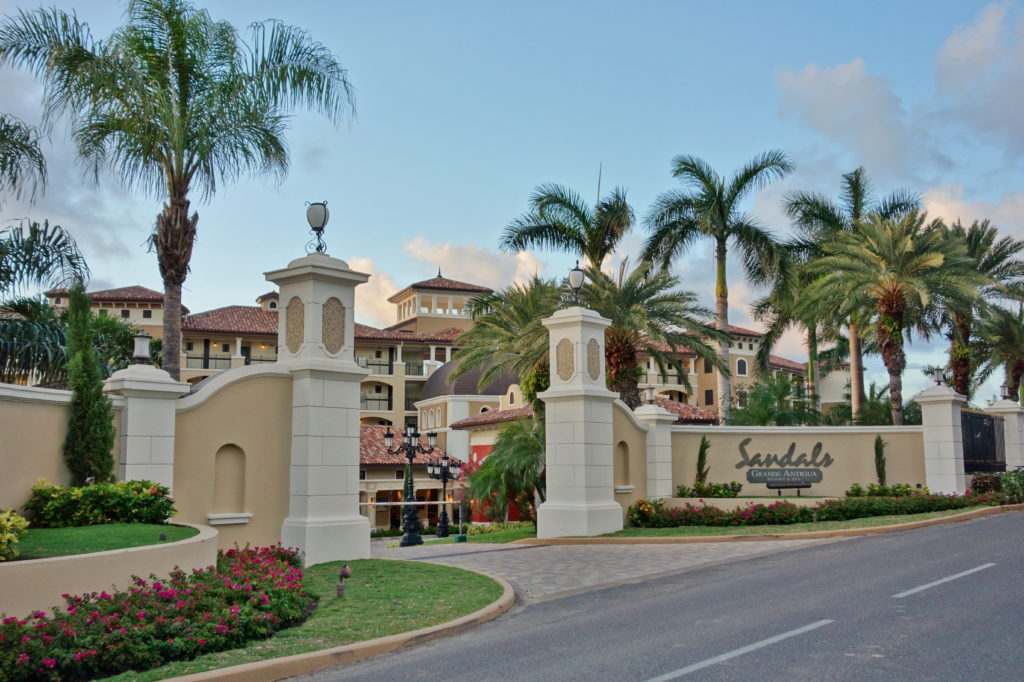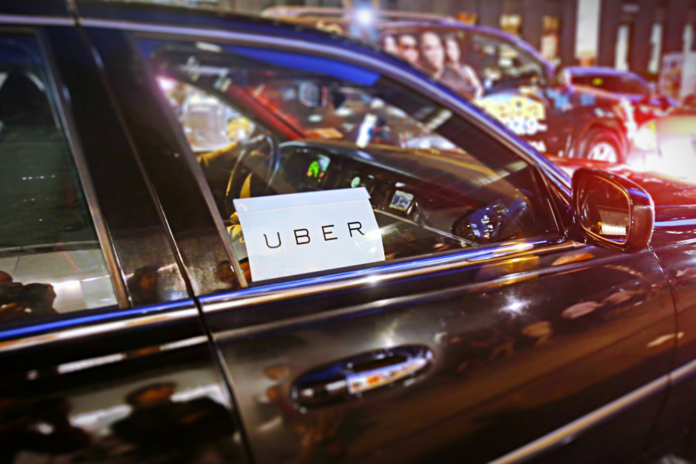American journalist and author, Thomas L. Friedman, has been an influential writer in foreign affairs. For the purposes of this article I would like to draw attention to an idea proposed in his most recent book, Thank You for Being Late: An Optimist’s Guide to Thriving in the Age of Accelerations. It may have been published two years ago, but at its core is a timeless concept, one that I wish to extrapolate and apply to Trinidad and Tobago’s tourism industry in the context of disruptive technologies.
The fundamental principle put forward by Friedman is that,
“The three largest forces on the planet—technology, globalization, and climate change—are all accelerating at once.”
The recommendation, put forward by Friedman, as a way of coping with the coinciding accelerations, is that we ought to slow down, to “pause and reflect.” The problem with this is that if we slow down, the three forces continue to steamroll onward, leaving us stuck in the proverbial stone-age.

My suggestion?
We speed up in an effort to close the gap. I say this with special reference to techno-globalization and to two major corporations that could have had, and may have an opportunity to spike a failing tourist economy industry and why our reluctance to invest in such corporations highlights our inability to accelerate.
I refer to Uber Technologies Ltd. and Sandals Resorts.
Both in their own ways epitomize the potential acceleration of the Trinidad and Tobago economy, yet they could not have been treated more differently. While Uber has been cast aside – their operations deemed illegal by our Ministry of Transport – Sandals has been wholeheartedly welcomed, by the THA Division of tourism, Culture, and Transportation.

It is perplexing to me that either be given preferential treatment when, as I argue, they are both cut from the same cloth. Despite the negative perception that Sandals Tobago could disrupt the local economy through expectant tax breaks and other incentives, our Government continues to believe that a Sandals resort in Tobago is the island’s saving grace. Projecting success is not inherently naïve. Neither is attempting to garner success from what already – or in the case of Uber – what was already attempting to be established and appealing for support.
In May of this year, the world’s largest ridesharing company, Uber Technologies Ltd., decided to “pause its operations” in Trinidad and Tobago, citing a “lack of a proper environment for innovation and technology to thrive in Trinidad and Tobago.” Of course, Uber was ill-fated from the get-go, having run into multiple stumbling blocks that centered mainly on a breach of the Motor Vehicle and Road Traffic Act, according to Transport Minister Rohan Sinanan who outrightly declared the operations illegal. Foregoing the glaring contradictions regarding the negative perception of Uber while overlooking the sustained operation of ‘PH’ taxi services (basically a disorganized, unregulated Uber) this is one instance where we are failing to keep up with new technologies.
The recent rejuvenation of interest in the installation of Sandals Tobago is motivated by the necessity of building a successful tourist brand. In October 2017, UWI economist Dr Anthony Birchwood made the claim that “Sandals Resort is important as a marketing tool for Tobago. We need large international brands in Tobago.” The foundation of building a brand is the establishment of a reputation built on trust. Tourists trust that a Sandals Resort will deliver a premium hotel experience.

Similarly, though not exclusive to contributing to sustainable tourism, Uber is a globally reputable brand. And a reputable brand is self-sustainable. In an unfamiliar environment, a familiar ‘face’ provides an avenue for investment. We ought to ‘think tourist’ and recognize that Uber is the global face of ride-sharing, not be apprehensive and withdrawn about its ability to transform the local market.
In the same way that local entrepreneurs Michelle Low Chew Tung and Tenisha Brown-Williams have capitalised on AirBnB’s global success by creating the start-up ShareHomeCaribbean, a resource for people seeking to get involved in the tourist accommodation sector, Uber had provided the opportunity to locals to be self-sufficient contributors to the travel sector.
The contradiction involved in denying Uber to legally operate in T & T is magnified when we compare how AirBnB has been applauded for diversifying the TT tourism experience. Like Uber, AirBnB is disruptive; Daniel Guttentag in his 2017 study describes it as a disruptive innovation which is a product that “can increasingly satisfy the demands of mainstream consumers who adopt it as a substitute for existing products.” By this definition, the AirBnB-inspired model has the potential to disrupt the lofty expectations for Sandals Tobago. But just as entrepreneurs Tung and Williams have seen a market to exploit, that is to keep up with technology, not fight it, similar encouragement could be given to the entrepreneurial drive behind Uber Technologies. After all, couldn’t this be another potential avenue for the exhaustive diversification drive and therefore deserving of (re-) consideration?



















